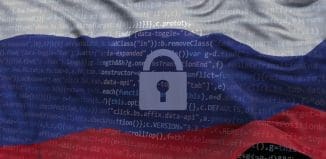Japanese Government to Develop Cyber-Weapons
This post is also available in:  עברית (Hebrew)
עברית (Hebrew)
Japan’s Ministry of Defense has announced plans to create and maintain malware cyber-weapons that it plans to use for defensive reasons.
Once developed, Japan will have access to its first ever cyber weapon, consisting of viruses and backdoors. The malware is expected to be finished by the end of the year and will be created by independent contractors, and not government officials.
There have been no official details released relating to what the malware’s capabilities will be or how and when the government will use it. What is known however, is that the Japanese government intends to only use the cyber weapon when Japanese institutions are under attack, and only against the attacker.
Japan expanding into the cyber battlefield comes as a response to counteract China’s growing military threat in the region, as well as to keep up with modern times and technologies. With this attempt at modernization, Japan plans to expand its military capabilities in the “cyber” battlefield.
Zdnet.com mentions that Japan has become the latest country to formally recognize that it operates cyber-weapons. Other countries that do the same include the U.S., the U.K., and Germany. Other countries that operate cyber-weapons, but never formally stated it include, according to ZDnet.com – Israel, China, Russia, North Korea, and Iran.
Japanese officials believe that just by possessing a cyber weapon, they believe that this would deter anyone from attacking the country.
This is not the first time Japan has attempted to enter the cyber battlefield. In 2012, Japan contracted Fujitsu to create “search and destroy” malware, yet this attempt hasn’t shown the expected results.
Earlier this year, the Japanese government has allowed their national institute of information and communications technology employees to hack into citizens internet devices. The plan here was to compile a list of insecure devices and pass on the gathered intel to the authorities and relevant internet service providers, so that they can alert consumers to better secure their devices.
This plan was set to secure IoT devices before the Tokyo 2020 Olympics.






























